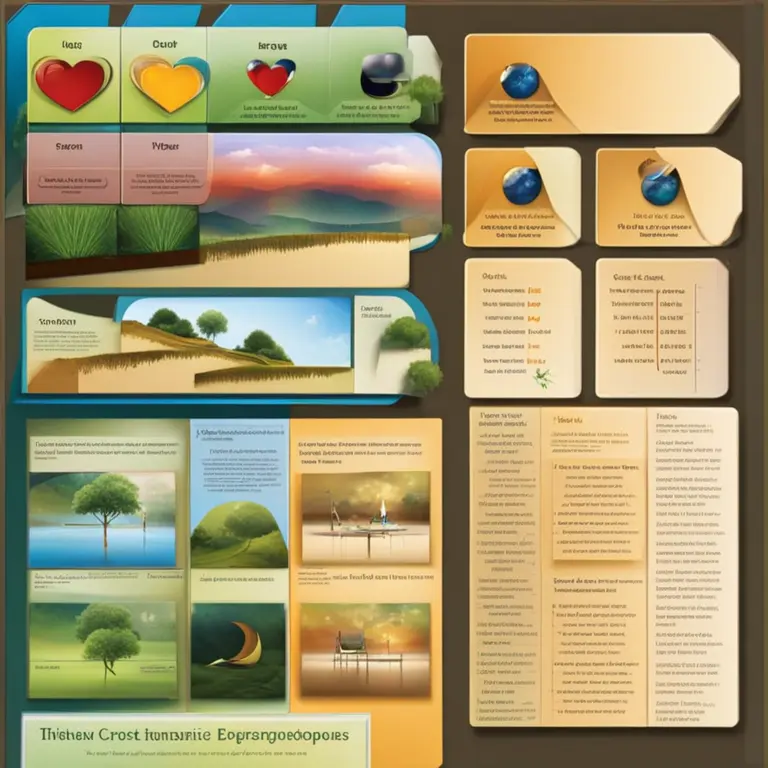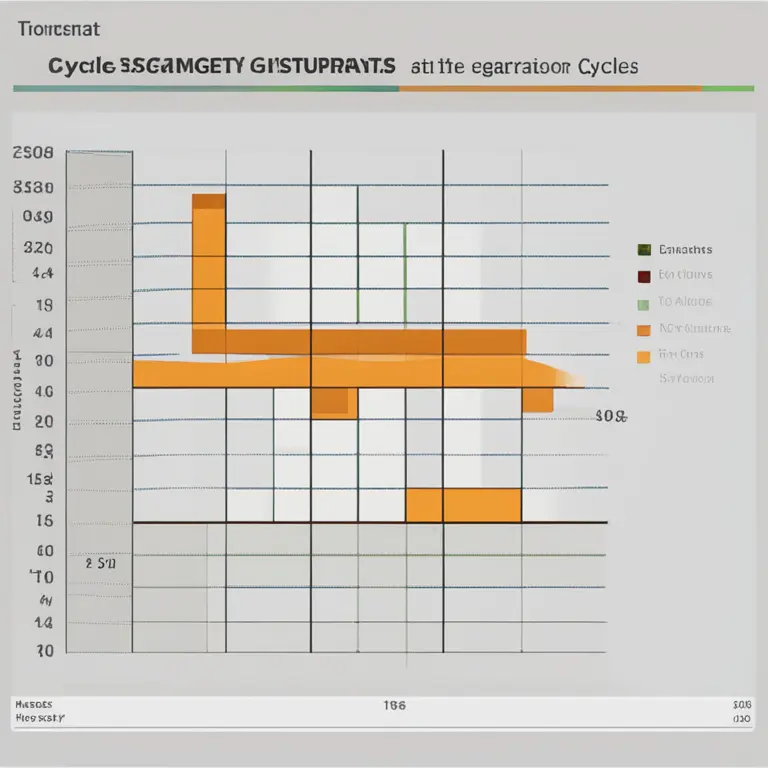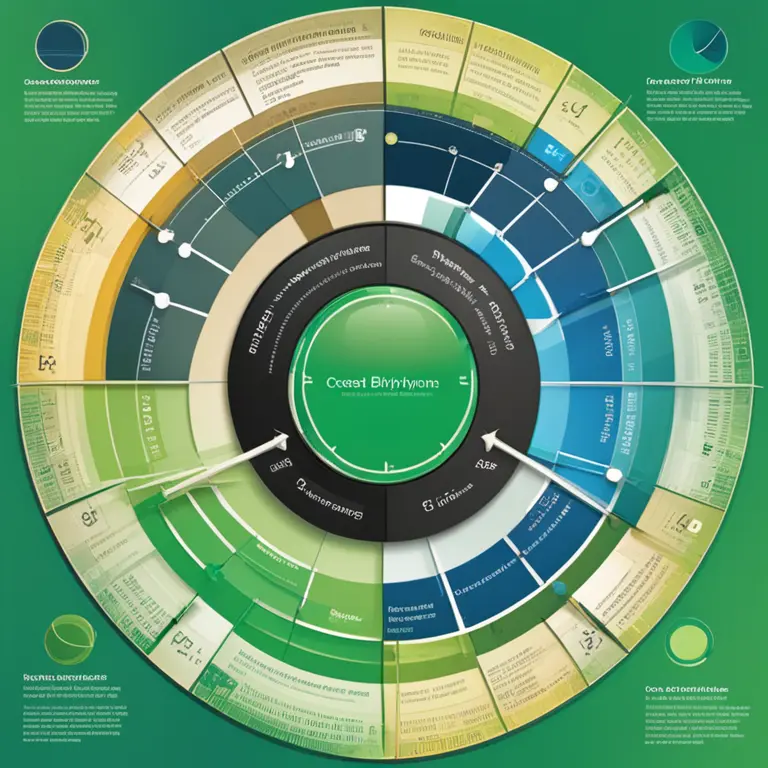
Harmonizing Partners: The Biorhythms Compatibility Guide
Discover the intriguing connection between biorhythms and relationship compatibility. Enhance your partnership by understanding your natural cycles.
article by Adrian Wallace
Introduction to Biorhythms and Compatibility
Biorhythms are considered to be the invisible pulses that influence our daily lives, dictating our physical, emotional, and intellectual states. Originating from the scientific premise that biological cycles affect individual behaviors, the concept of biorhythms has evolved to be a point of interest in assessing relationship dynamics. The idea is simple: just as two clocks can be synchronized, so too can the biorhythms of two people, potentially enhancing compatibility and understanding between partners. In this article, we'll explore the potential of aligning biorhythms to enrich personal relationships.

The Three Primary Cycles
For the uninitiated, human biorhythms are made up of three fundamental cycles: the physical (23-day cycle), the emotional (28-day cycle), and the intellectual (33-day cycle). Each cycle fluctuates between high, low, and critical phases, and it is believed that analyzing how these cycles align or contrast between two individuals can provide insight into the harmonious or challenging aspects of a relationship. In 2024 and beyond, as people continue to seek deeper connections, understanding the interplay of these cycles may become an integral part of relationship-building.

Biorhythms in Romantic Relationships
In the context of love and romance, comparing biorhythms might offer couples an interesting lens through which to view their partnership. When two people's cycles are in harmony, they may experience periods of heightened communication, physical intimacy, and emotional support. Conversely, when cycles oppose, couples may notice more disagreement or misunderstandings. By preemptively being aware of these periods, partners can exercise patience and empathy, thereby smoothing out potential conflicts.

How to Calculate Biorhythm Compatibility
To assess biorhythm compatibility, individuals must first chart their own cycles. This is typically done using specialized software or online platforms, where one's birth date is used as the starting point for calculations. By comparing respective high and low phases in the physical, emotional, and intellectual cycles, couples can gain awareness of potentially synchronized or discordant periods. Moving forward, some may choose to plan significant events or address complicated matters during times of anticipated alignment.

Biorhythms and Long-Term Compatibility
While biorhythms might offer a snapshot of potential compatibility, it is crucial to recognize that they are one piece of a complex puzzle in relationships. Long-term compatibility also depends on factors such as shared values, communication styles, and life goals. A couple might display opposing biorhythms and still maintain a strong, loving relationship through conscious effort and mutual understanding. Therefore, biorhythms should be viewed not as a definitive guide, but rather as a tool to enhance self-awareness and empathy within a partnership.
Looking Ahead: Biorhythms in Modern Relationships
As we move into 2024 and the years that follow, the interconnection between traditional beliefs and cutting-edge technology continues to grow. Biorhythm calculations and compatibility analyses may integrate with AI-enhanced applications, offering more personalized and nuanced insights. Individuals seeking to optimize their relationships might very well include biorhythm compatibility as part of a holistic approach to personal connection and growth, making such analyses relevant in the modern age of astrology and spirituality.
Published: 1/30/2024
Modified: 1/30/2024
More predictions
Come back here soon to learn more about yourself and your future


The Intrigue of Birthday Biorhythm Compatibility
Delve into the fascinating world of biorhythm compatibility, and discover how birthday timings influence relational dynamics and personal synergy.


Biorhythm Compatibility: The Sync of Life Rhythms
Discover the role of biorhythm compatibility in relationships, and how syncing life rhythms can influence personal connections.


Birthday Biorhythm Compatibility: Key to Harmonious Relations
An insightful guide into how birthday biorhythm compatibility influences personal interactions and relationships.